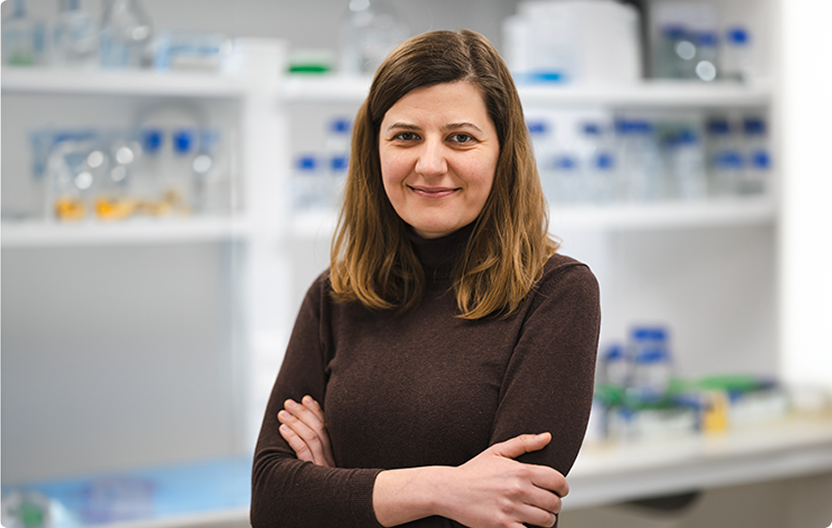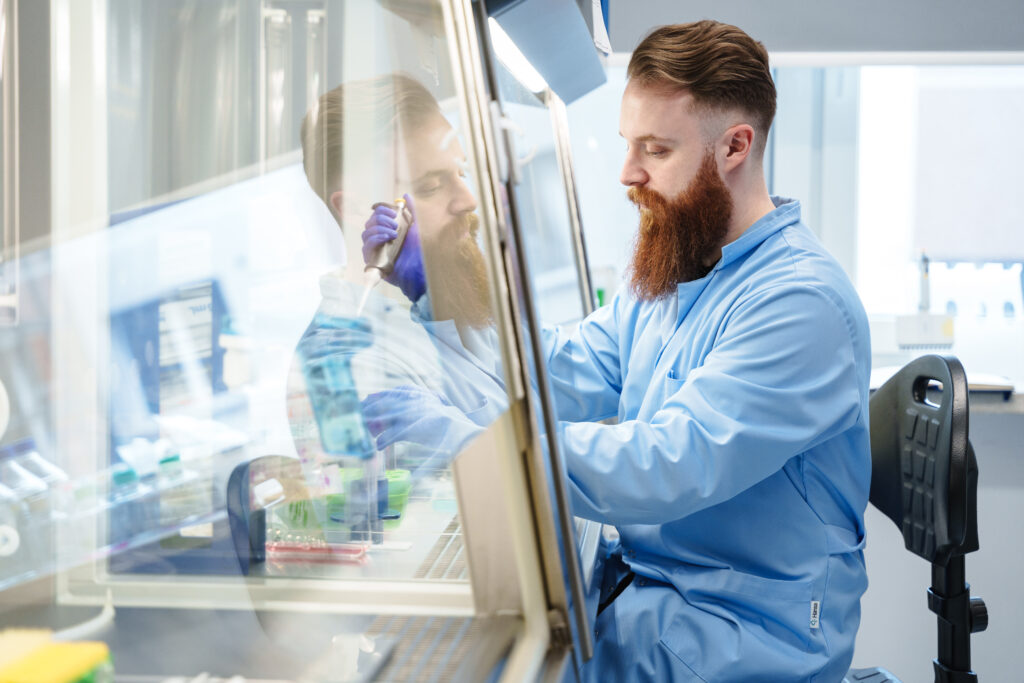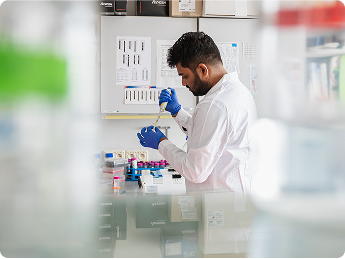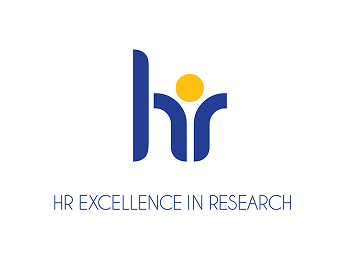A Homecoming of Opportunities
Dr. Aleksandra Kolodziejczyk is a laureate of the Polish Returns Program of the Polish National Agency for Academic Exchange (NAWA). Read about her journey from an international academic career to leading the Laboratory of Cellular Genomics at the International Institute of Molecular and Cell Biology in Warsaw.

(The interview was conducted in early 2024.)
With your extensive international educational and professional background, spanning from Italy, Germany, and the UK to Israel, what inspired you to join the International Institute of Molecular and Cell Biology in Warsaw?
Quite frankly, putting personal aspects of this decision aside, I returned to Poland because I believe there are more opportunities for me as a young researcher. Here, I am a relatively “big fish in a small pond”, and I think it will be easier to recruit talent to join my team and acquire funding. I decided to join the IIMCB because of its good reputation for providing substantial support to scientists on both the scientific and administrative sides. The second key aspect for me was a relatively flat structure, where junior lab leaders are fully independent, which is not always the case in other countries.
Considering your Laboratory of Cellular Genomics is the most recently established laboratory at the IIMCB, could you share the initial challenges and opportunities you faced in setting it up?
I think most of the challenges are exactly the same as in other parts of the world: adjusting to the new role, learning how to manage and structure the lab, recruiting team members, planning projects, and dealing with bureaucracy. It is similar when considering opportunities; the new role brings new research avenues and scientific collaborations that were, for many reasons, not possible for postdocs. The scientific freedom and opportunity to establish my own lines of research and build a team based on my values are also aspects that I appreciate a lot. It may be a bit surprising, but previous challenges (that sometimes still arise) stem from my Polish heritage. Understandably, people hearing me speak the language fluently assume I understand how “things work” in Poland. The reality was that my grasp of formal procedures and requirements was as good as that of a foreigner because I never previously lived in Poland as an adult. Also, writing in Polish, especially for formal documents such as applications to ethics committees for which there is no option to submit documents in English, required some adjustment time.
How have your international experiences influenced the foundational goals and research directions of the Laboratory of Cellular Genomics?
This is a difficult question. Undoubtedly, I am a sum of all my experiences, but I do not know how much the international aspect of my career matters. My research directions are mainly based on my expertise in genomics and bioinformatics that I gained at the Welcome Sanger Institute and EMBL European Bioinformatics Institute, and the expertise in studying host-microbiota interactions in in vitro and in vivo models that I acquired at the Weizmann Institute of Science.
I decided to join the IIMCB because of its good reputation for providing substantial support to scientists on both the scientific and administrative sides.
Dr. Aleksandra Kolodziejczyk
How do you envision the Laboratory of Cellular Genomics contributing to the scientific landscape in Poland?
At the moment, we are building collaborations within the IIMCB and with other teams in Poland and supporting others with either single-cell genomics or microbiome characterization. I see this as a stepping stone towards building a community of microbiome researchers in academia within an industry that delivers high- quality knowledge and products.
In terms of Poland’s scientific landscape, what advancements do you envision for the future, and how can the country become a more attractive hub for international researchers?
I think that, in Poland, we are often very critical about what we have and see Western Europe as much more attractive. Although there are significant disparities in available resources between institutes in Poland, the top ones can provide adequate infrastructure for researchers comparable to many prestigious institutes abroad. I believe we should focus our communication on the positive aspects because there are many, but I think others are not aware of them.


